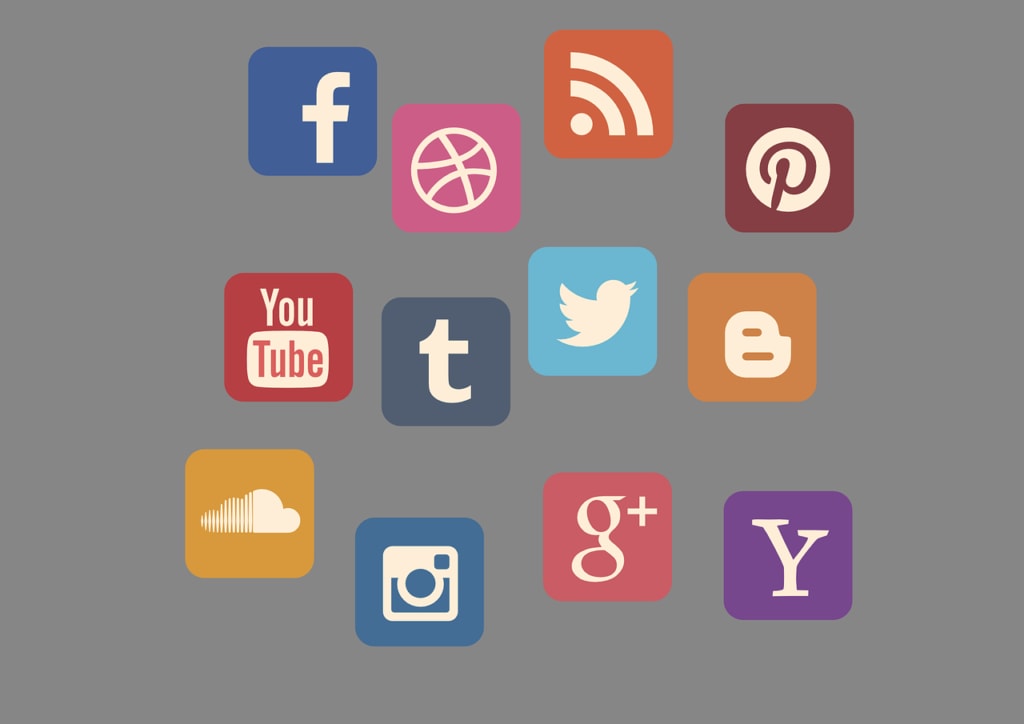
In the digital age, social media platforms have become an integral part of our daily lives, connecting us with friends, family, and the world at large. However, the rise of social media has also raised concerns about its impact on mental health and overall well-being. This article explores the intricate relationship between social media and mental health, shedding light on both the positive and negative effects of technology on our psychological well-being.
1. The Positive Effects of Social Media:
Social media platforms offer several benefits that can positively impact mental health. They provide a sense of belonging and social support, allowing individuals to connect with like-minded individuals, share experiences, and foster meaningful relationships. Virtual communities and support groups have emerged, creating safe spaces for individuals to find solace, seek advice, and reduce feelings of isolation. Moreover, social media platforms have also been instrumental in raising awareness about mental health issues, promoting empathy, and facilitating conversations surrounding mental well-being.
2. The Negative Effects of Social Media:
While social media offers numerous advantages, it also presents certain challenges to mental health. Excessive use of social media can lead to a phenomenon known as "social media addiction," which can contribute to feelings of anxiety, depression, and low self-esteem. The constant exposure to carefully curated highlight reels of others' lives can lead to unhealthy social comparisons, fostering feelings of inadequacy and unworthiness. Cyberbullying and online harassment have become prevalent issues, causing significant emotional distress and negatively impacting mental health. The pressure to maintain an online persona and seek validation through likes, comments, and followers can also contribute to stress and anxiety.
3. Impact on Self-Esteem and Body Image:
One area where social media has a profound influence is on self-esteem and body image. The pervasive culture of comparison and the bombardment of unrealistic beauty standards can take a toll on individuals' self-perception. Constant exposure to carefully edited and filtered images can create unrealistic expectations and foster negative body image issues. Research suggests a correlation between heavy social media use and increased body dissatisfaction, leading to an array of mental health concerns such as eating disorders, depression, and anxiety.
4. FOMO (Fear of Missing Out) and its Consequences:
The fear of missing out (FOMO) is another psychological impact of social media. As users scroll through their feeds, they may experience a sense of anxiety or restlessness triggered by the fear that they are missing out on exciting events or experiences. This fear can lead to increased social comparison, anxiety, and a sense of inadequacy. Additionally, the pressure to participate in social media trends and constantly document one's life can detract from the present moment and contribute to feelings of stress and overwhelm.
5. Strategies for Promoting Healthy Social Media Use:
While the negative impacts of social media on mental health are real, it is important to remember that responsible and mindful use of these platforms can mitigate potential harm. Here are some strategies to promote healthy social media use:
a. Set boundaries: Establish time limits and designated tech-free periods to ensure a healthy balance between online and offline life.
b. Curate your feed: Follow accounts that promote positivity, inspiration, and well-being. Unfollow or mute accounts that trigger negative emotions or unhealthy comparisons.
c. Practice digital detox: Take regular breaks from social media to recharge, focus on real-life connections, and engage in offline activities that bring joy and fulfillment.
d. Be mindful of your emotions: Pay attention to how social media makes you feel. If you notice feelings of anxiety, sadness, or inadequacy, it may be time to reevaluate your usage patterns.
e. Seek support: Reach out to friends, family, or professionals if you are struggling with mental health issues. There are also online communities and resources dedicated to promoting mental well-being.
Conclusion:
Social media has undoubtedly transformed the way we connect and communicate, but it is essential to recognize its impact on mental health. While social media can provide valuable support and opportunities for connection, it can also contribute to negative mental health outcomes. By being mindful of our social media usage, setting boundaries, and seeking support when needed, we can navigate the digital landscape in a way that promotes well-being and protects our mental health. Remember, technology should enhance our lives, not detract from our overall happiness and mental well-being.





Comments
There are no comments for this story
Be the first to respond and start the conversation.